
India's discoms urged to retire old thermal plants to ease debts
The sector owes an overdue debt of $16b to gencos as of May.
India’s distribution companies (discoms) were advised to work with state governments to retire their old thermal power plants to reduce their power procurement costs and ease debts, according to a report from the Institute for Energy Economics and Financial Analysis (IEEFA).
The report proposed recommendations to reduce financial and operational inefficiencies across India’s distribution sector, which as of May had accumulated overdue payment liabilities of $16b (Rs116,340 crore) to generation companies (gencos) whilst already carrying a total outstanding debt of $66b (Rs478,000 crore) in FY2018/19.
Co-author Vibhuti Garg suggested that state-based discoms should sit with state generation utilities and review what old thermal power plants they can retire, given the state of surplus capacity. She noted that many of such plants are already old and operating under half their capacity, but states are still bound by contracts to pay hefty capacity charges.
“We understand that retiring power plants won’t be easy as the proponents will want to make money for the life of the contract period. But in order to move forward and start to reduce the massive discom debt while enabling the states and the nation as a whole to transition to a cleaner, cheaper energy economy, the states will have to jump this hurdle,” Garg said.
Discoms have been unable to improve their operational performance even after receiving multiple bailout packages from the government in the last decade, the report noted.
In order to reduce the financial burden on discoms, the government was advised to resolve legacy contracts issues and closing inefficient plants, reduce cross-subsidies, cut down on unsustainably high aggregate technical and commercial (AT&C) losses through digitalisation.
They were also told to revise tariffs annually, ramp up private competition in the sector, move to a national pool market to optimise generation nationally, and implement a tariff structure with indexation for renewable energy tariffs with developers bidding for levelized tariffs.
“Absent a sustained resolution of the discom sector losses, India’s overall power sector reform will be stilted and ineffective,” co-author Kashish Shah said.
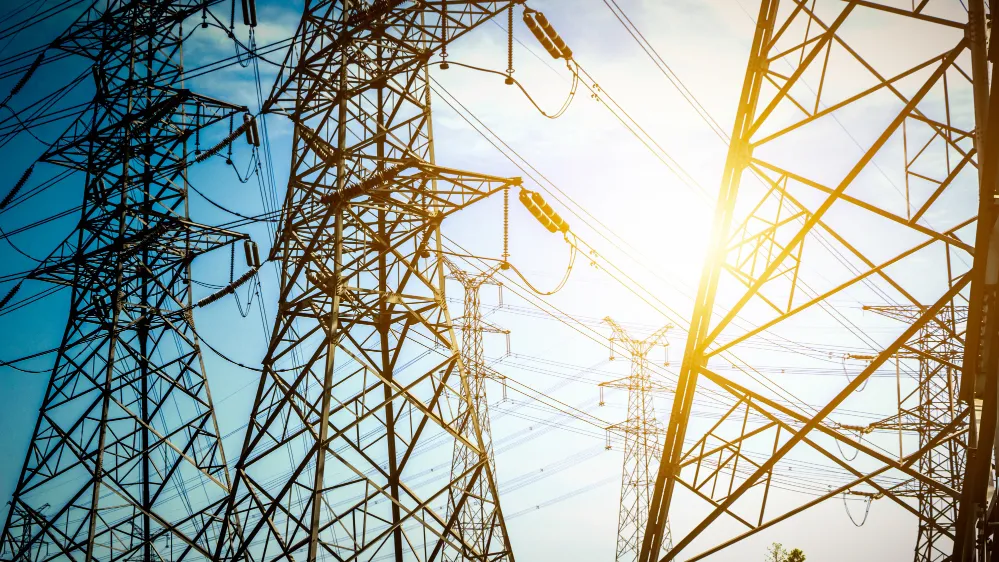
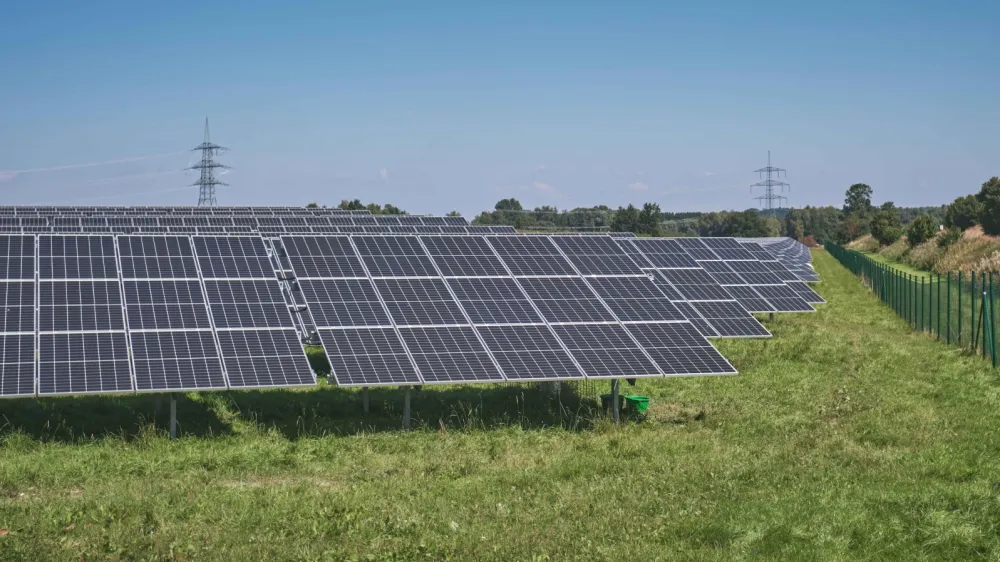
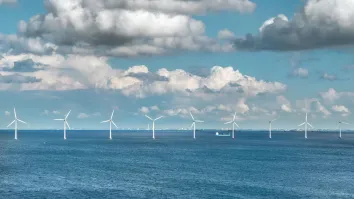
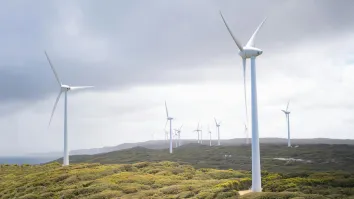
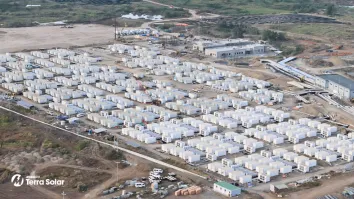
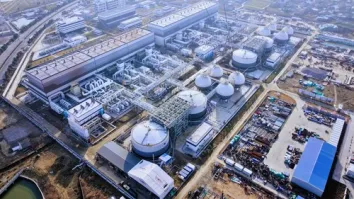













 Advertise
Advertise









